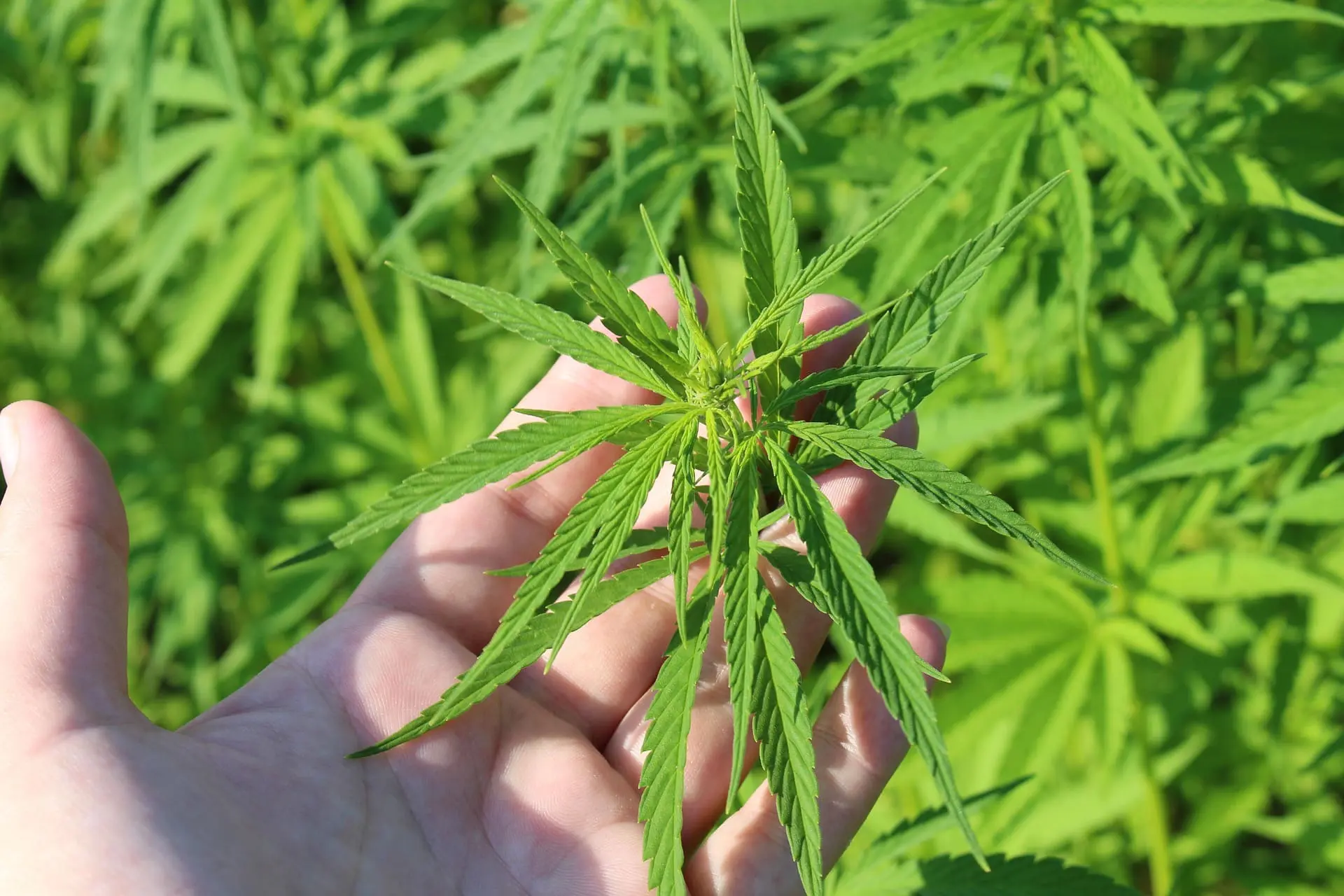Politics
GOP Senator Says Nobody Will Buy Hemp Products If Strict Federal THC Ban Is Enacted

A GOP senator says that if Congress moves forward with a proposal to ban hemp products with any amount of THC, nobody is going to buy the remaining CBD preparations—in large part because “even a little bit” of the intoxicating cannabinoid makes an important difference for health effects.
Sen. Rand Paul (R-KY) has made abundantly clear that he’s opposed to a blanket ban on hemp THC products that have been proposed in both chambers this session. And while he’s in favor of increasing regulations for the hemp market, he told LEX 18 in an interview published on Tuesday that an outright prohibition would be disastrous for the industry.
Some of his colleagues, including Sen. Mitch McConnell (R-KY), “want a product where, if you were to buy the product, it would have no THC in it—or no measurable THC,” Paul said.
“I don’t think anybody will buy those products, because, frankly, the THC– even a little bit of it—is probably what helps to make people more calm, sleep better, or [have] less anxiety,” he said.
The senator described what scientists refer to as the entourage effect, where the efficacy of cannabis appears to be enhanced when its cannabinoids work together, rather than being isolated.
If legislation is enacted to ban hemp items with any measurable amount of THC, Paul said “we’ll eradicate the hemp industry.”
“There’ll be no more hemp industry. It’ll completely eradicate it–all the CBD oil, all the gummies, it’ll be gone,” he said.
Paul said last month that he has plans to meet with House lawmakers to “reach a compromise” on an approach to regulate hemp in light of his opposition to the THC proposal.
Part of that compromise, he said, is to address concerns he and other stakeholders have about vague language that leaves it up to the U.S. Department of Health and Human Services (HHS) under Secretary Robert F. Kennedy Jr. to determine what constitutes a “quantifiable” amount. Without specifications, the worry it that essentially all consumable cannabinoid products could end up being re-criminalized.
Paul successfully prevented the ban from being incorporated into a Senate agriculture spending bill recently passed by the body, with the senator pushing for regulations that he said would promote public safety while preserving the hemp industry that’s proliferated since the crop was federally legalized under the 2018 Farm Bill—a reform that McConnell played a key role in advancing.
But while McConnell has contested the idea that the legislation he sponsored would “completely destroy” the market, as Paul and industry stakeholders have insisted, he ultimately agreed to pull the language from the agriculture bill following Paul’s procedural protest.
Meanwhile, Paul recently filed a standalone bill that would go in the opposite direction of the hemp ban, proposing to triple the concentration of THC that the crop could legally contain, while addressing multiple other concerns the industry has expressed about federal regulations.
The senator introduced the legislation, titled the Hemp Economic Mobilization Plan (HEMP) Act, in June. It mirrors versions he’s sponsored over the last several sessions.
Rep. Andy Harris (R-MD), who championed a hemp THC ban in his chamber version of the agriculture spending legislation, told Marijuana Moment that he wasn’t concerned about any potential opposition to the hemp ban in the Senate—and he also disputed reports about the scope of what his legislation would do to the industry.
The Congressional Research Service (CRS) released a report in June stating that the legislation would “effectively” prohibit hemp-derived cannabinoid products. Initially it said that such a ban would prevent the sale of CBD as well, but the CRS report was updated to exclude that language for reasons that are unclear.
The hemp language is largely consistent with appropriations and agriculture legislation that was introduced, but not ultimately enacted, under the last Congress.
Hemp industry stakeholders rallied against that proposal, an earlier version of which was also included in the base bill from the subcommittee last year. It’s virtually identical to a provision of the 2024 Farm Bill that was attached by a separate committee last May via an amendment from Rep. Mary Miller (R-IL), which was also not enacted into law.
A leading alcohol industry association, meanwhile, has called on Congress to dial back language in the House spending bill that would ban most consumable hemp products, instead proposing to maintain the legalization of naturally derived cannabinoids from the crop and only prohibit synthetic items.
Wine & Spirits Wholesalers of America (WSWA) President and CEO Francis Creighton said in a press release that “proponents and opponents alike have agreed that this language amounts to a ban.”
Separately, key GOP congressional lawmakers—including one member who supports marijuana legalization—don’t seem especially concerned about provisions in the bill despite concern from stakeholders that it would put much of the hemp industry in jeopardy by banning most consumable products derived from the plant.
—
Marijuana Moment is tracking hundreds of cannabis, psychedelics and drug policy bills in state legislatures and Congress this year. Patreon supporters pledging at least $25/month get access to our interactive maps, charts and hearing calendar so they don’t miss any developments.
![]()
Learn more about our marijuana bill tracker and become a supporter on Patreon to get access.
—
Jonathan Miller, general counsel at the U.S. Hemp Roundtable, told congressional lawmakers in April that the market is “begging” for federal regulations around cannabis products.
At the hearing, Rep. James Comer (R-KY) also inquired about FDA inaction around regulations, sarcastically asking if it’d require “a gazillion bureaucrats that work from home” to regulate cannabinoids such as CBD.
A report from Bloomberg Intelligence (BI) last year called cannabis a “significant threat” to the alcohol industry, citing survey data that suggests more people are using cannabis as a substitute for alcoholic beverages such a beer and wine.
Last November, meanwhile, a beer industry trade group put out a statement of guiding principles to address what it called “the proliferation of largely unregulated intoxicating hemp and cannabis products,” warning of risks to consumers and communities resulting from THC consumption.



